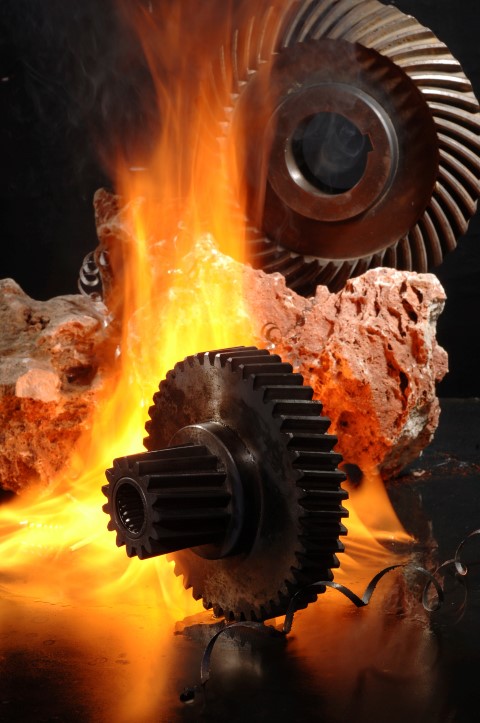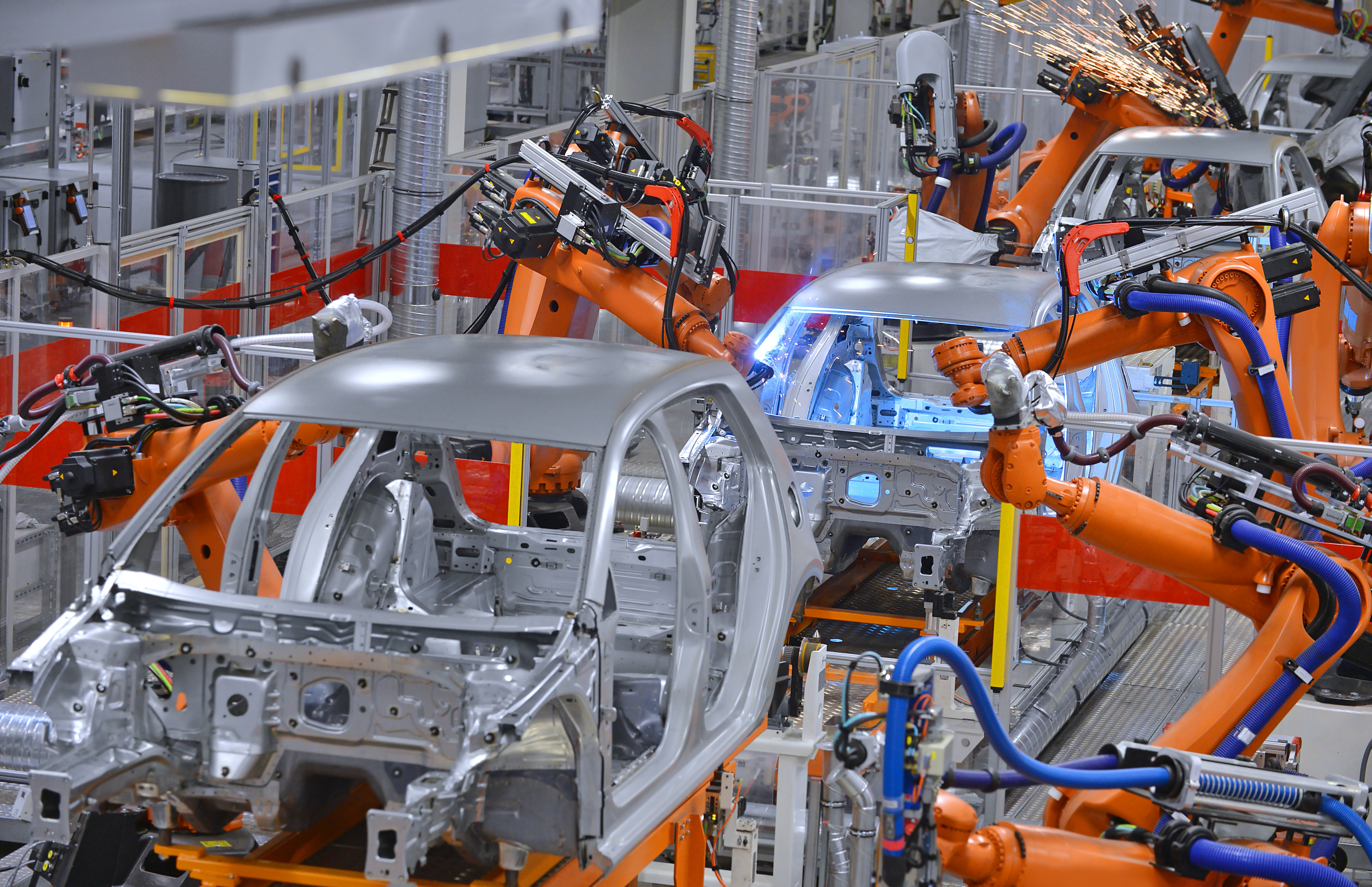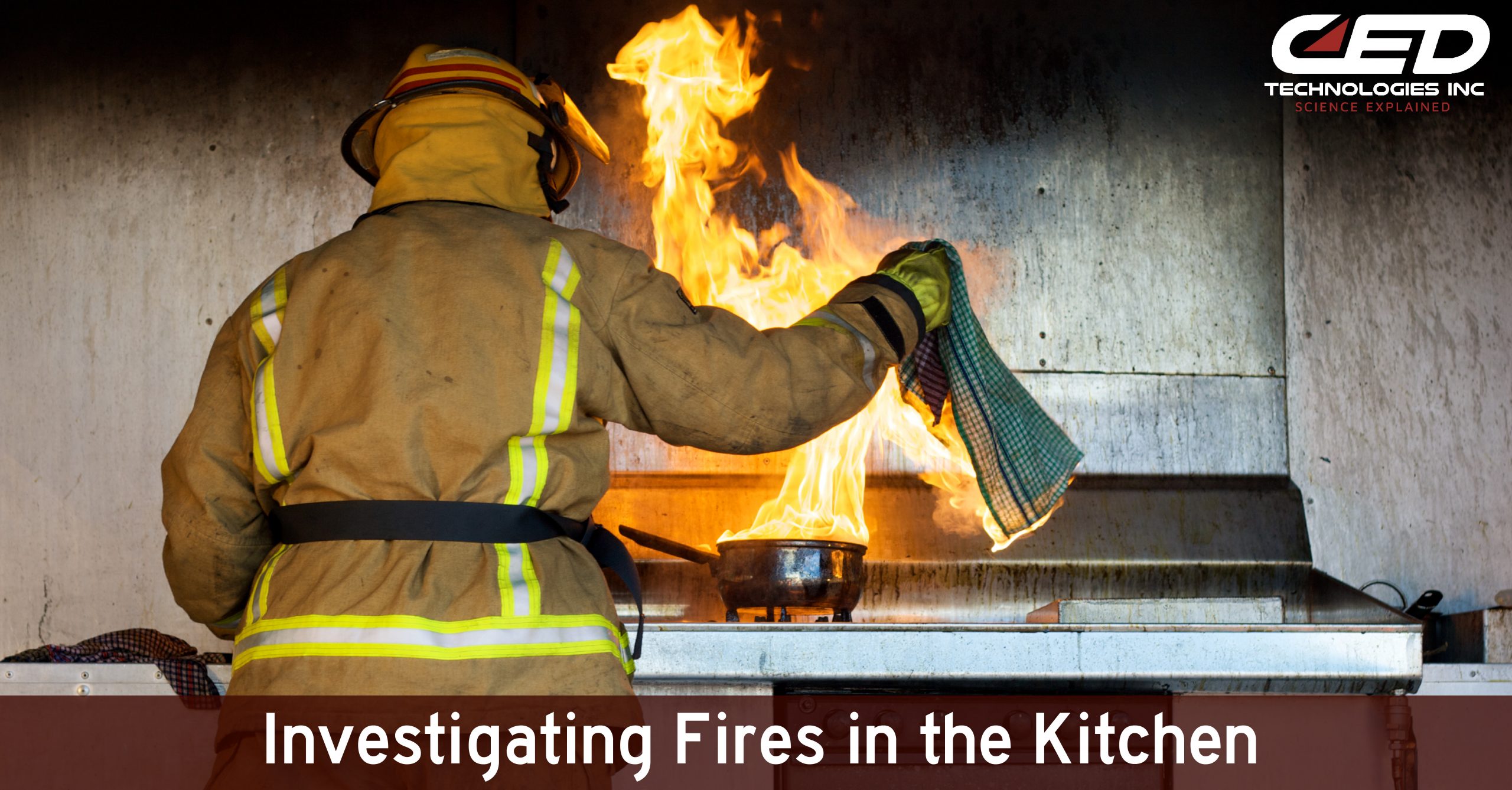Why do Engineers Make Good Fire Investigators?
Good fire investigators come from many backgrounds. This article focuses on fire investigators that herald from an engineering background in addition to possessing other fire investigating credentials. What qualities do engineers possess that give them an advantage when seeking the cause and origin of a fire?
Many engineering fields require similar subjects to be studied before advancing on to the specialization of that degree. Electrical, aeronautical and mechanical engineering for example share a collection of classes required at the early stages of study in those disciplines. During this time, engineers learn about thermodynamics. Fire follows the rules of thermodynamics, which includes concepts of heat transfer, an important part in fire investigation. Engineers are also exposed to aerodynamics, giving them a feel for how air and other gasses behave as a medium for fire and the flow of liquids and gasses, giving them a feel for ignition sources and spread of fire.
Most engineers will have a basic understanding of mechanical mechanisms, linkages, motors and basic electrical circuits. This understanding allows them to quickly and confidently identify potential energy and fuel sources. This can either expand or narrow the initial group of suspects which can then be systematically eliminated or proven with evidence.
Often fire investigators arrive upon a gut-feeling at the initial stage of a fire investigation. The formulation of an early opinion is not a good thing as this can draw an investigator back to their initial thoughts, regardless of conflicting information. Skewing an investigation to accommodate an early gut-based opinion is contrary to the scientific method, which is the standard required by the National Fire Protection Association (NFPA). An investigator cannot be biased in their investigation; they are required to sequentially and carefully evaluate all possibilities and discredit them one by one or keep them as contributory. As engineers routinely work problems that require the scientific method, this mindset is second nature.






